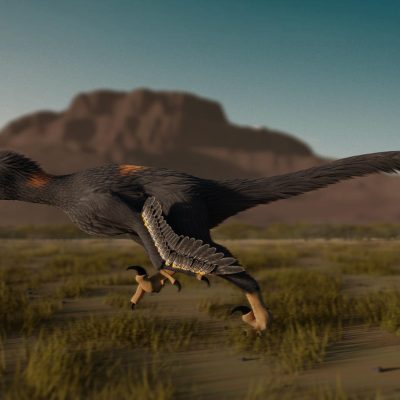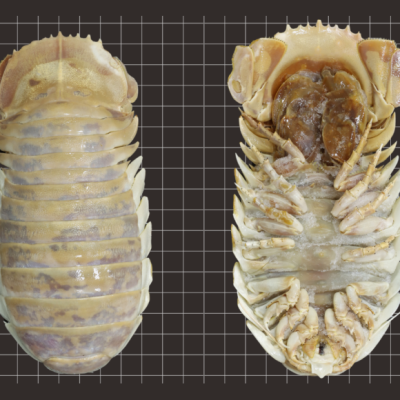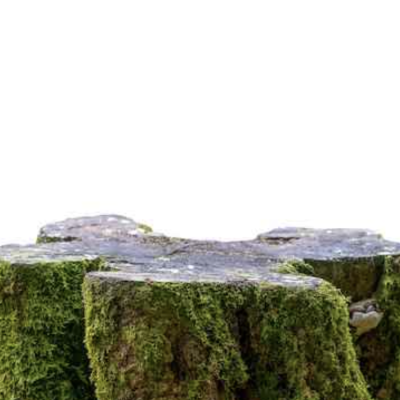A new study has shed light on the diet of early humans in Europe. The research, conducted by a team at the Centro Nacional de Investigación sobre la Evolución Humana (CENIEH) in Spain, aimed to determine whether the hominins that lived in the Iberian Peninsula around 1.4 million years ago were scavengers. The study found that the hominins likely fed on the remains of large mammals left behind by predators such as saber-toothed cats. The research also revealed that group size was a crucial factor in the hominins’ success in competing with other scavengers, such as hyenas.
Until now, little was known about how early humans adapted to local ecosystems and what they ate. It was generally believed that early humans primarily consumed the meat of large mammals, but it was unclear whether this meat was hunted or scavenged. Some researchers suggested that the hominins may have fed on the remains of animals left behind by predators, but the potential amount of food available in this way had only been estimated. Others argued that the presence of powerful competitors, such as giant hyenas, would have made it difficult for the hominins to access this rich resource.
To address these questions, the CENIEH team conducted a study to quantify how often large carnivores left behind partially consumed prey and what nutrients were still present in the remains. They then used this data to simulate different scenarios in which hominins and hyenas competed for the same food. The simulations showed that saber-toothed cats left behind enough food for the hominins to survive, but that group size was a critical factor in their success. The researchers concluded that hominins needed to act in groups to effectively scavenge for food, but that there was an optimal group size that needed to be maintained for scavenging to be efficient.
Overall, the study provides new insights into the diet and behavior of early humans in Europe. The findings suggest that scavenging played an important role in their survival, and that group size was a key factor in their ability to compete with other scavengers.










